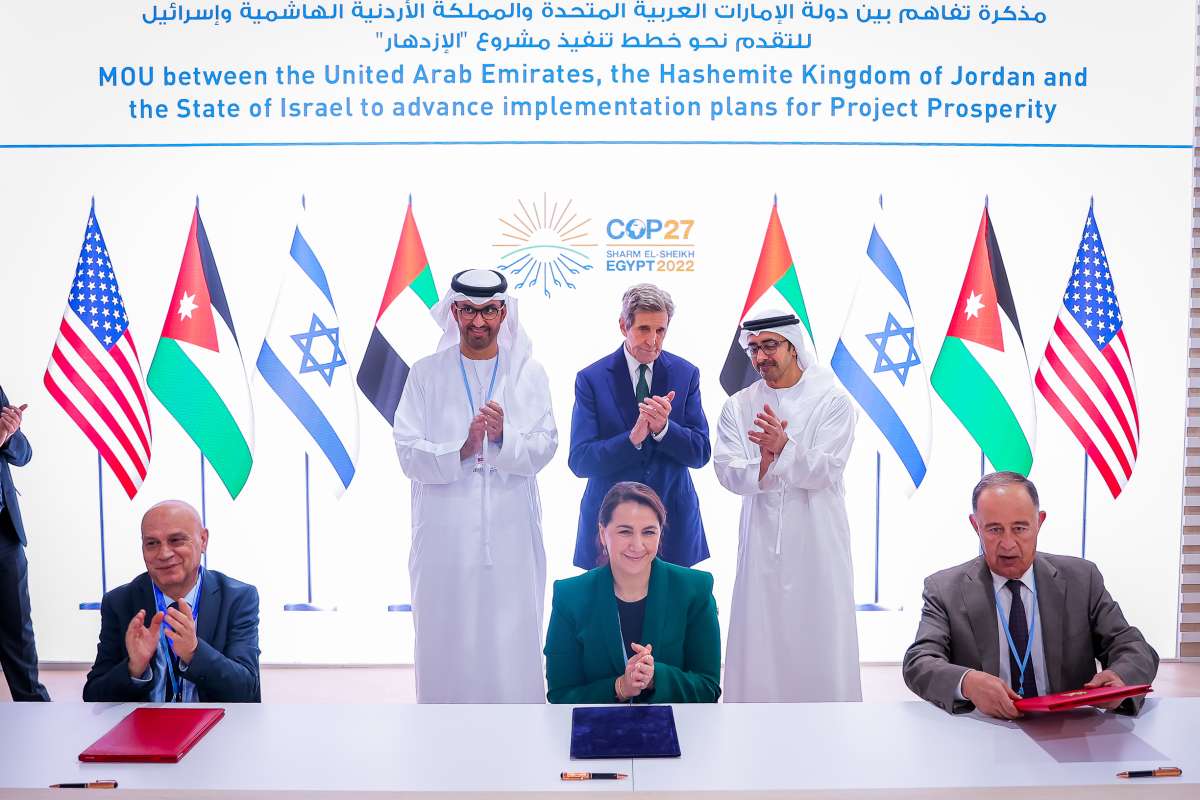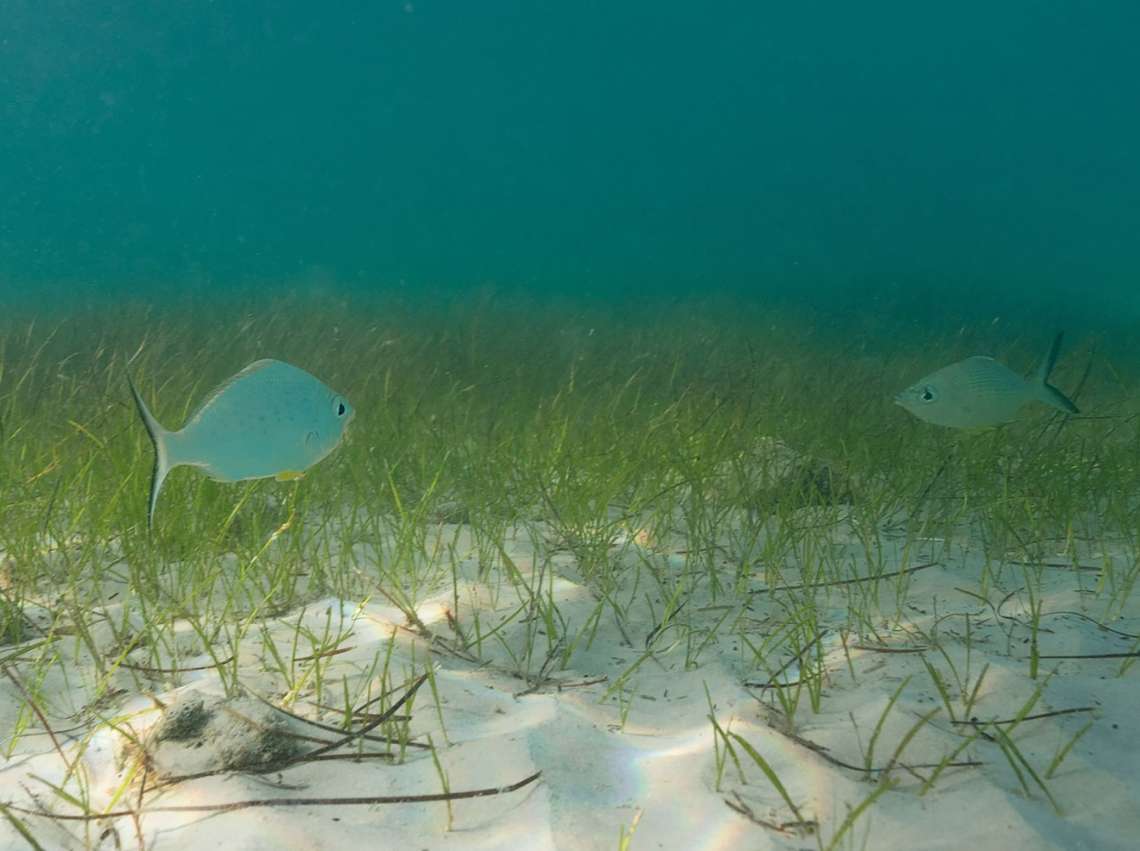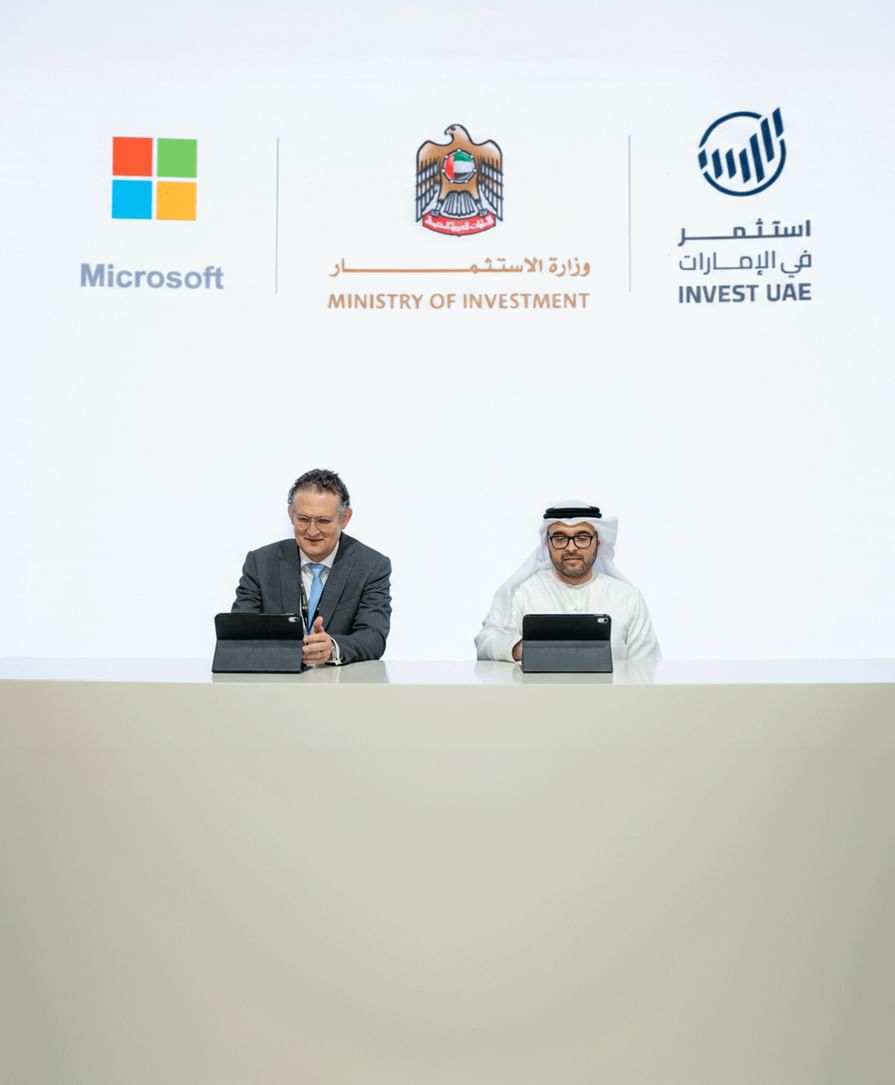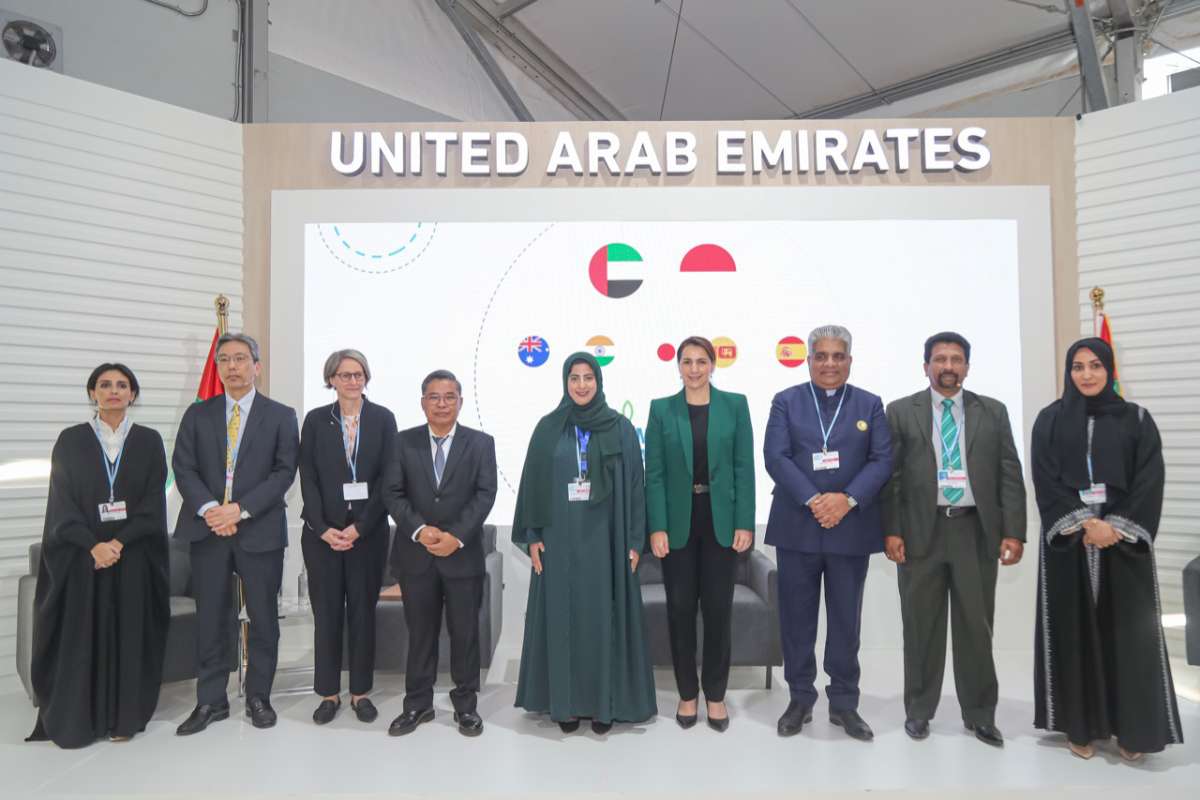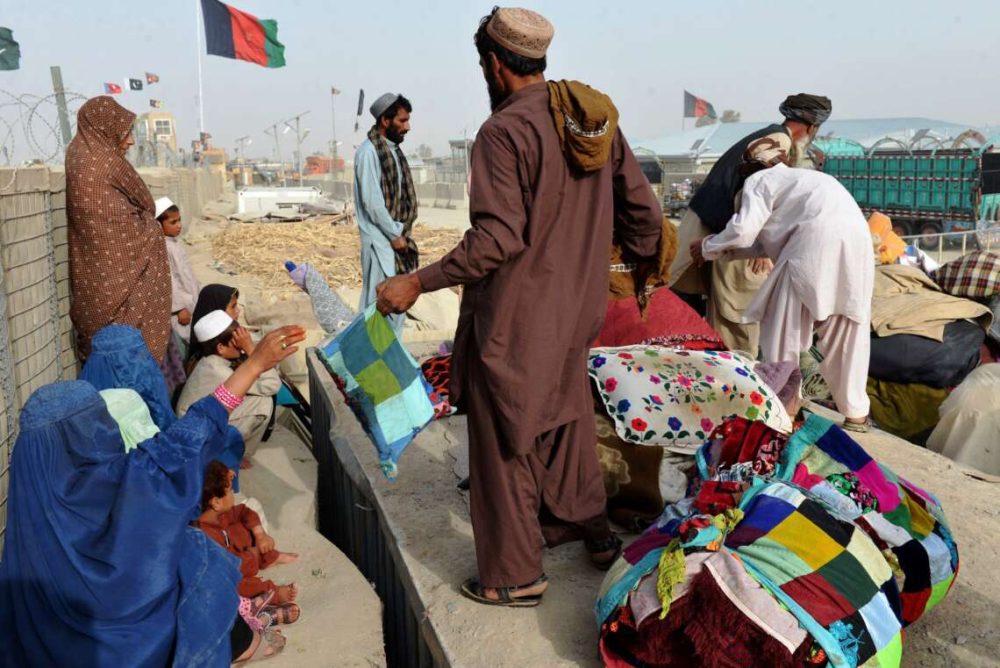The three countries signed an initial Declaration of Intent to explore the feasibility of both projects at Expo 2020 Dubai in the UAE in November 2021…reports Asian Lite News
The governments of the United Arab Emirates (UAE), Jordan, and Israel have signed a Memorandum of Understanding (MoU) at the 2022 United Nations Climate Change Conference (COP27) to advance the clean energy and sustainable water desalination projects announced last year.
The MoU was signed in the presence of Sheikh Abdullah bin Zayed Al Nahyan, Minister of Foreign Affairs and International Cooperation; Dr. Sultan bin Ahmed Al Jaber, Minister of Industry and Advanced Technology and UAE’s Special Envoy for Climate Change; and John Kerry, United States’ Special Presidential Envoy for Climate.
The agreement was signed by Mariam bint Mohammed Almheiri, Minister of Climate Change and the Environment; Mohammad Al Najjar, Jordan’s Minister of Water and Irrigation, and Esawi Frej, Israel’s Minister of Regional Cooperation.
The MoU relates to Project Prosperity, which has two components: Prosperity Green and Prosperity Blue. Prosperity Green includes a 600-megawatt (MW) solar photovoltaic plant, complemented with electric storage, which will be built in Jordan and produce clean energy for export to Israel. Prosperity Blue is a sustainable water desalination program, located in Israel, to export to Jordan 200 million cubic metres of potable water per annum.
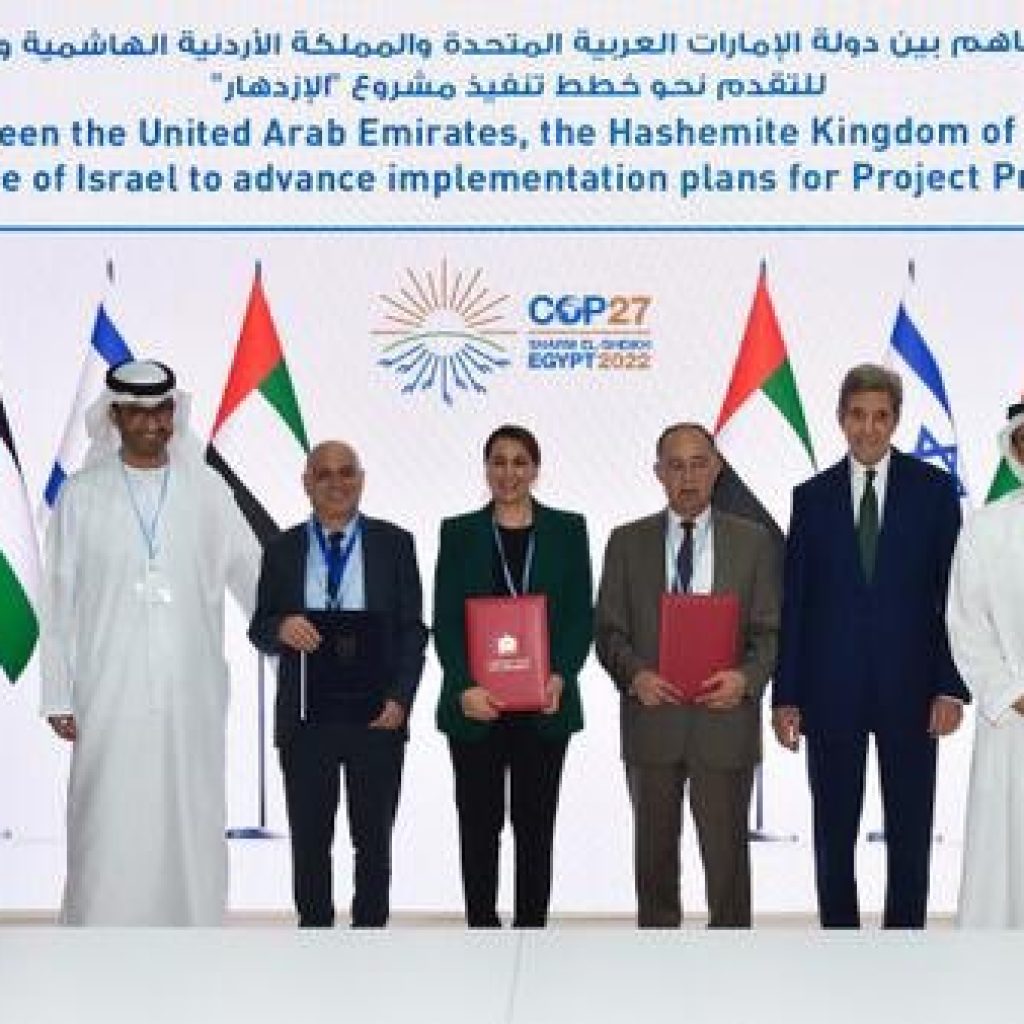
The three countries signed an initial Declaration of Intent to explore the feasibility of both projects at Expo 2020 Dubai in the UAE in November 2021.
As per the MoU, feasibility studies for each of the projects have been ongoing and the parties affirm that both Prosperity Green and Prosperity Blue have positive potential prospects. The UAE, Jordan, and Israel will continue engaging to develop the necessary implementation plans in time for COP28, which is to be held in the UAE next November.
Project Prosperity was proposed to help address some of the challenges posed by climate change on water and energy security in the Middle East, and to promote renewable energy, sustainable water supply, and stability in the region.


